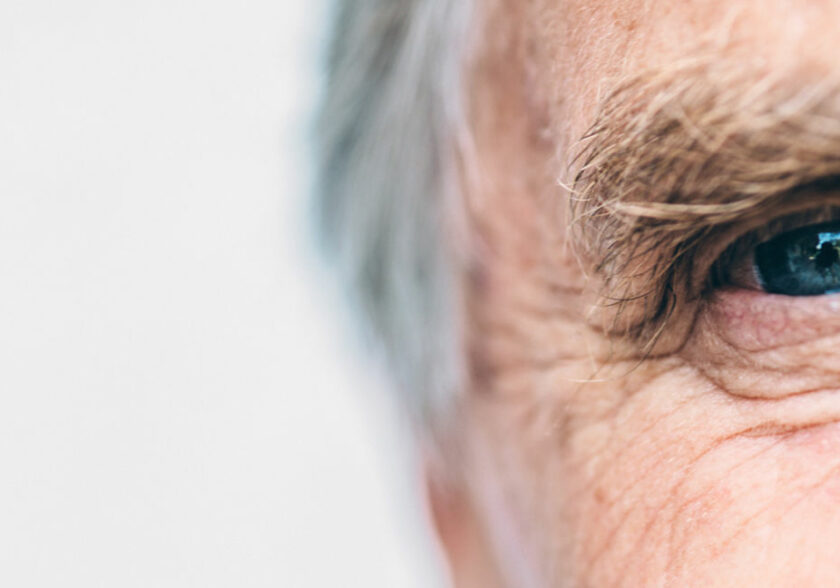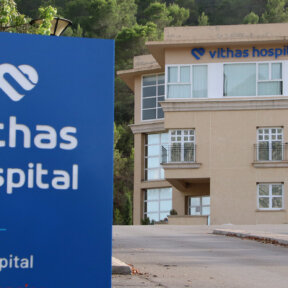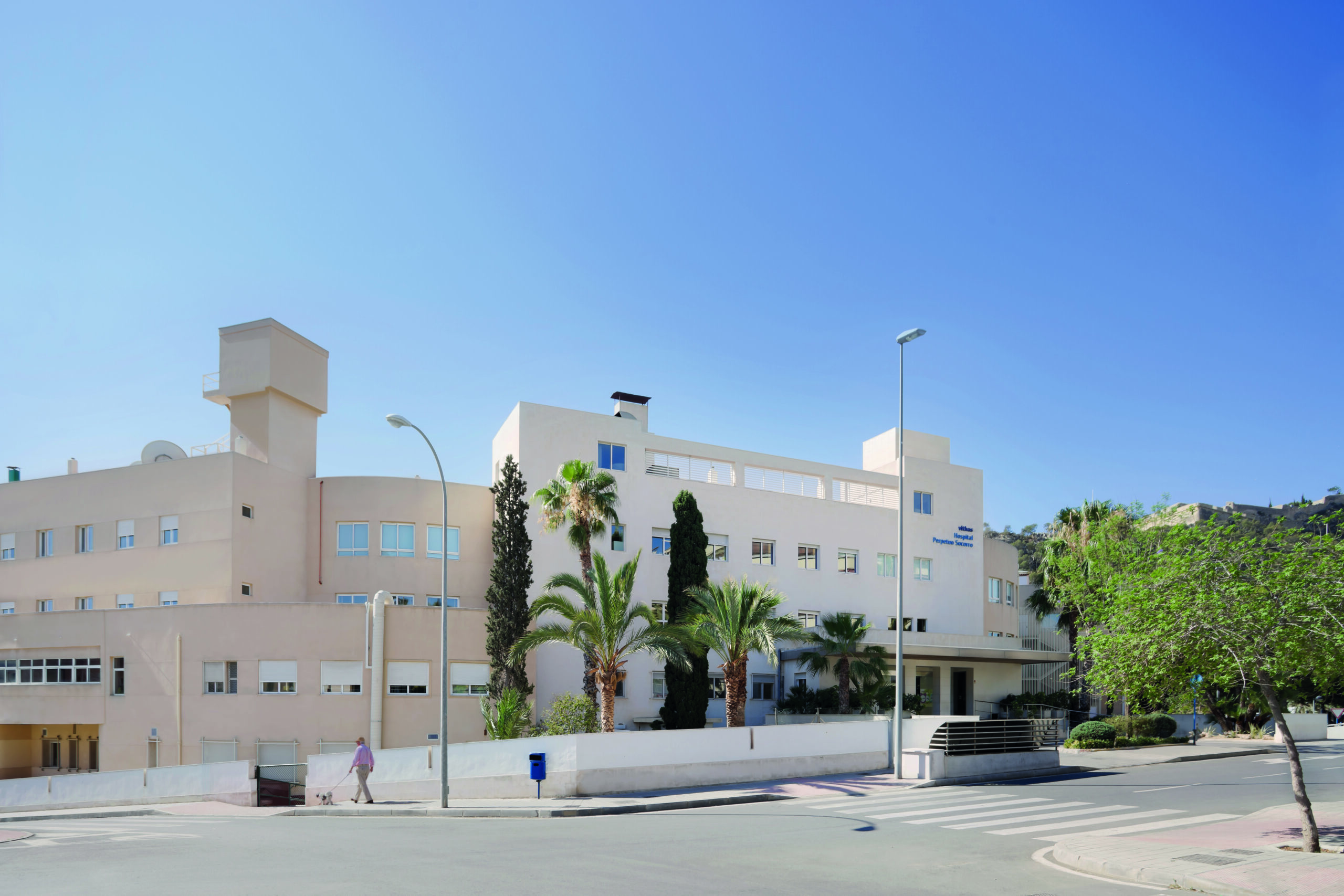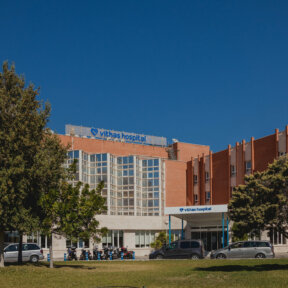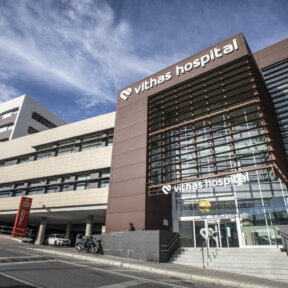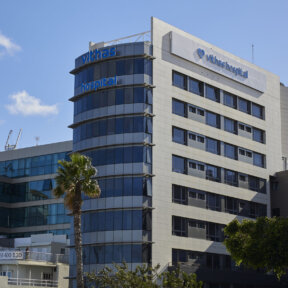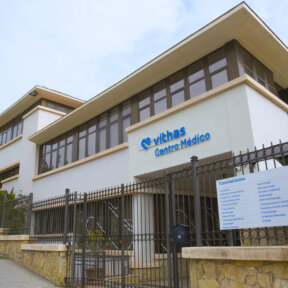What is ophthalmology?
Ophthalmology deals with the study and treatment of diseases of the eyeball and periocular structures with the aim of preserving, restoring, rehabilitating and promoting eye health.
Vithas’ Ophthalmology Unit provides patients with the necessary medical care and the most effective treatments and therapies for visual health care. To achieve this, we approach diagnosis and treatment in a global manner, offering you a complete, personalised service.
To this end, our ophthalmologists and optometrists use the best medical equipment and cutting-edge technology to deliver quality care. Our specialised equipment allows doctors to provide accurate, minimally invasive treatment to correct all types of eye conditions.
Which patients is it for?
The Vithas Ophthalmology Service performs ophthalmological treatments and eye surgery for both adult and paediatric patients.
Main conditions and diseases
- Myopia
- Hyperopia
- Astigmatism
- Cataract
- Presbyopia
- Strabismus
- Macular degeneration (AMD)
- Glaucoma
- Vitreoretinal disorders
- Oculoplasty
- Corneal transplants
Main diagnostic resources and technology
- Computer campimetry or visual field
- Retinography
- Corneal topography
- Pachymetry
- Tonometry
- Optical coherence tomography (OCT)
- Fundus examination
- Retinal angiography
- Visual acuity test
- Macular OCT
- Pupillometry
- Tear osmolarity
- Refraction
- Contrast sensitivity
- Chromatic vision
- Viral conjunctivitis test
- Schirmer’s test
- AMD genetic risk test
- Intraocular pressure tonometry
Main treatments
The most common treatments in the field of ophthalmology are surgical, pharmacological and optical. In addition to ocular conditions, we treat refractive eye defects such as myopia, hyperopia, astigmatism and presbyopia.
The Vithas Ophthalmology Unit carries out the following procedures:
- Femtosecond laser cataract surgery
- Presbyopia surgery with multifocal lenses
- Refractive surgery: Myopia, hyperopia and astigmatism
- Oculoplastic surgery
- Comprehensive treatment of AMD (age-related macular degeneration)
Areas of specialisation
- Cornea and ocular surface
- Cataract
- Refractive surgery
- Retina and vitreous
- Glaucoma
- Paediatric ophthalmology
- Adult strabismus and diplopia
- Oculoplasty
- Aesthetics and eye rejuvenation
- Genetic diagnosis and counselling
- Neurophthalmology
Special services
Our aim is to ensure our patients’ visual health, as well as to achieve the best possible vision, adapting to their individual needs. For this we have the latest and most up-to-date technology.
The significant progress achieved in recent years, especially in the field of presbyopia and cataracts, allow us to address these interventions in a differential way. In both cases, services are offered that have the most cutting-edge technology and equipment.
Why come to our clinic?
Our medical staff have the knowledge, training and resources to diagnose and treat all conditions affecting the eyeball. We offer our patients the highest-level techniques. In addition, we are experts in treating multiple eye and eyelid disorders.
FAQs
How important is it to get regular eye check-ups?
Depending on your age, diagnostic tests and eye exams will vary.
If you’re under 40, it is a good idea to schedule an eye examination to screen for refractive defects. Myopia is a growing public health problem, and has become more widespread among children and young adults.
From the age of 40, it is important to schedule an ophthalmological examination to screen for presbyopia. Presbyopia, also called tired eyes, is a refraction disorder involving a dysfunction of the crystalline lens that leads to a loss of elasticity of the eye. The crystalline lens is the natural lens that allows you to focus on objects at different distances. Presbyopia appears from the age of 40–45 and its main symptom is difficulty focusing on nearby objects.
At this age (from 40 years), it is also important to perform intraocular pressure checks, especially in patients with a family history of glaucoma.
What tests should I do?
At the Vithas Ophthalmology Service, all patients undergo a complete ophthalmological examination, regardless of the reason for consultation. This allows us to check your eyes and vision are working normally or detect any disorders.
After taking your details, our medical team will assess visual acuity without correction, corrected visual acuity, visual acuity with correction, objective and subjective refraction from far and near, vision with refraction, simultaneous perfection, stereopsis fusion, extraocular movements, Cover test and colour vision. In addition, they will perform a comprehensive scan of the anterior and posterior segment of the eye and ocular adnexa.


